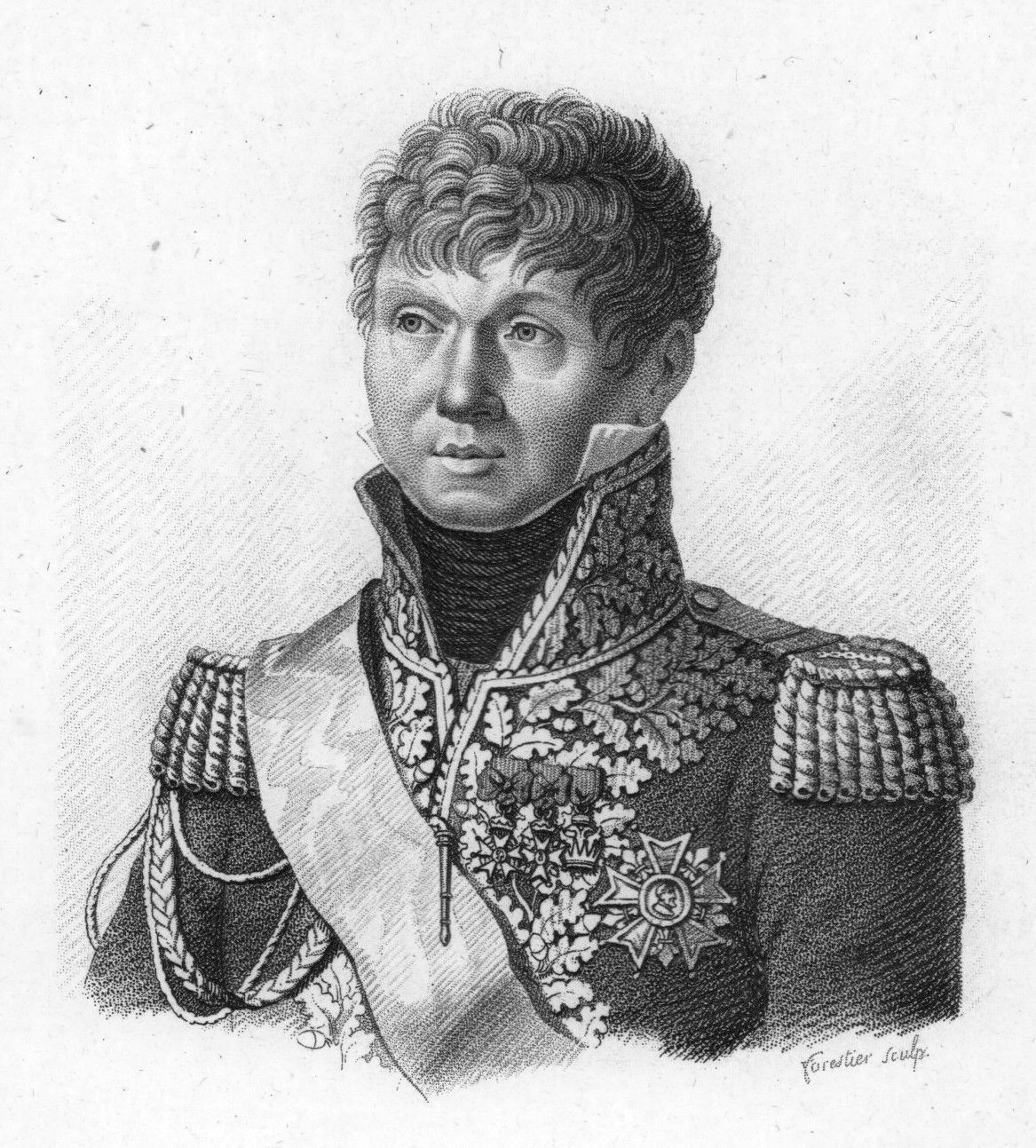The Spaniards, the French and the Dutch all helped America during the Revolutionary War. On the 3rd of Sep. 1783, The Treaty of Paris ended the tedious war that crossed several continents and prolonged for almost a decade after United States had already declared its independence on 4th of July, 1776, the glorious date that you're supposed to remember as long as you're a citizen of planet earth and believe in liberty of humanity. Anyway, it almost seemed to me that the American Revolutionary War inspired the French Revolution, which broke out as early as in 1791, although most of us attributed the year of 1793 of more importance during the progress of the war, during which a young Napoleon Bonaparte proved his worth for the first time.
Everything that happened was connected, dare I say, especially since the world is getting smaller as men's ambition and thirst for power grows infinitely bigger, and of course, communication is made more convenient. The rise of Lady Liberty indubitably influenced the entirety of western civilization. (The statue physically rose in 1886 but since it's commemorating 1776 in the first place, let's pretend that Lady Liberty had already been there in spirit.)
 |
| A modern personification of United States (Columbia) during WWI |
Columbia had been the name for a land with which we associate freedom, after the guy who discovered her of course, Christopher Columbus, whose accomplishment initiated the Spanish colonization of the new world.
So why is that part of the history relevant to our subject of discussion now? Obviously there's the connection of the Spanish Empire, but it's far more than just a name. The War of Pyrenees, or better known as the Great War, pitted the first coalition during the French Revolutionary Wars. After the initial outbreak in January, France got in full on attack mode and in two months' time, decided to break up with her long-term-ally Spain. Spain was miserably defeated.
 |
| Francisco Pizarro |
There's almost a bitterness in the poet's tone. Francisco, Gonzalo, Juan and Hernando, those are the names of the Pizarro brothers, their reign in Peru was quite short (1531-1538) but still a major part in the Spanish conquest of the new world, Quito (The Royal Audience of Quito) being a part of it, was established in 1563, ruling most parts of Ecuador, northern Peru, southern Columbia and some part of Brazil.
And now? Spain is under attack! It's all cause and effect says the poet.
There are three major battles mentioned in Stanza 90, all of which violent and none can draw a conclusion to the never-ending conflicts. Wellesley gradually becomes a name almost as big as Napoleon, who would eventually defeat the legendary French modern Achilles, Byron's personal hero.
- Battle of Talavera Think France, Spain and Britain as three gambler in Vegas. No matter what the statistics say in the end, the biggest winner will always, did I say ALWAYS, be the house. Death was hosting the game this time, seizing his prize from all sides, with France losing the most at the battle of Talavera. Previously I mentioned this battle in The Inglorious Three, with Byron's descriptive and heart wrenching stanzas (around XLI) telling the tale of devastation.
- Battle of Barrossa This was a pointless one: that day in March 1811, the ally of Britain, Portugal and Spain trying to lift the siege of Cadiz against France and the battle of Barrossa broke. Technically they won, according to numbers and what not, but Cadiz remained under French control until more than a year later. French Marshal Claude Victor was even able to bargain a partial victory. Of course in war if the two sides both won it also meant that they both lost. Again, the grave played the house.
- Battle of Albuera Elaborated in stanza XLIII, (again, reference The Inglorious Three) the battle of Albuera was called the bloodiest of all during Peninsular War. Not only did it fail to lift the siege of Badajoz, it wounded the relationship between Spain and Britain, for it was said that Britain didn't play hard enough.
 |
| Marshal Claude Victor |
All those struggles and all those lives lost, sill Spain didn't get her freedom and peace. It's such a tiresome and emotionally draining thing to do looking at the timeline of the war, for you see how people just so too far and plant so many seeds of evil over something rather trivial.
It is very hard to look at things the same way again after you've read lots about history. Sometimes, most of the time, we repeat the same mistakes our ancestors did. All the lost glory of past civilization was the cost of a transient vanity.
For Childe Harold, this has been a trip of personal growth. At this point, the boy who lamented the fall of his family estate is thinking about something much bigger. When you've climbed mountains and watched the rise and fall of nations, you would start to realize the frivolity of what you thought you held so dear.




No comments:
Post a Comment